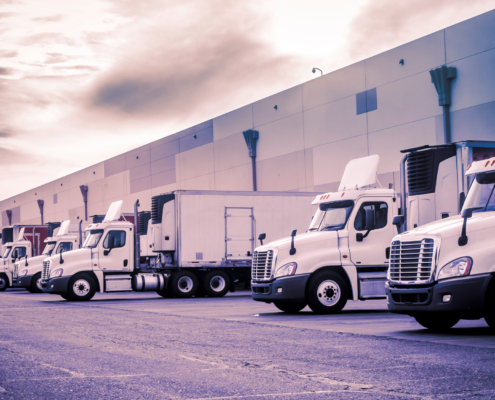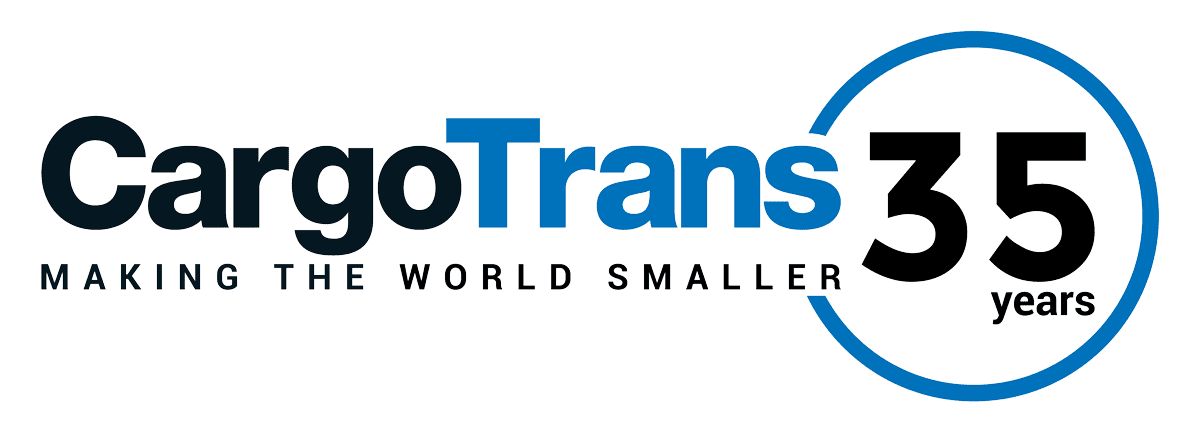 https://cargotransinc.com/wp-content/uploads/2024/09/3PL-Supply-Chain-Support-for-Domestic-Transportation-header.jpg
1250
2000
Abstrakt Marketing
/wp-content/uploads/2024/08/New-CargoTrans-Logo-Color.png
Abstrakt Marketing2024-09-26 14:05:282024-12-27 08:31:263PL Supply Chain Support for Domestic Transportation
https://cargotransinc.com/wp-content/uploads/2024/09/3PL-Supply-Chain-Support-for-Domestic-Transportation-header.jpg
1250
2000
Abstrakt Marketing
/wp-content/uploads/2024/08/New-CargoTrans-Logo-Color.png
Abstrakt Marketing2024-09-26 14:05:282024-12-27 08:31:263PL Supply Chain Support for Domestic TransportationFreight Consolidation Questions Explained: What It Is and When It’s the Right Choice
Freight consolidation is a strategic shipping solution gaining traction among businesses seeking to optimize logistics operations. By bundling shipments from multiple customers into a single container or truckload, freight consolidation offers a cost-effective and efficient way to transport goods. This blog addresses key questions to help business owners determine when and how to use freight consolidation for their shipping needs.
What Is Consolidation and How Does It Work?
Freight consolidation combines smaller shipments from multiple shippers into a single larger load. Instead of shipping partial loads individually, businesses pool their freight, often with the help of a logistics provider. This shared approach allows for better utilization of space and resources.
Once goods arrive at a hub, they are organized and loaded into a shared container or truck. The freight is then transported to a central location, where it’s deconsolidated and distributed to final destinations. This system streamlines logistics, reduces costs, and minimizes environmental impact.
How Can Pallet Consolidation Reduce Shipping Costs?
By sharing transportation resources, businesses benefit from reduced costs in several ways:
- Lower Shipping Rates: Shipping a full container or truckload is often less expensive per unit than smaller individual loads.
- Fuel Efficiency: Consolidating shipments cuts down on fuel consumption, decreasing overall costs.
- Minimized Administrative Fees: Combining shipments reduces paperwork and associated fees.
- Reduced Handling Costs: Fewer individual shipments mean fewer handling charges and reduced risk of damage.
When Is the Best Time To Use Consolidation?
Pallet consolidation works best in scenarios where:
- Your Shipment Volume Is Small: Ideal for businesses with less-than-truckload (LTL) or less-than-container-load (LCL) shipments.
- Flexibility Is Possible: Consolidated shipping may take slightly longer, so it’s better suited for non-urgent deliveries.
- Cost Savings Are a Priority: Businesses looking to lower expenses on shipping will benefit significantly from freight consolidation.
Are There Size or Weight Limitations for Consolidation?
Freight consolidation has practical size and weight limitations. Individual shipments need to fit within the shared container or truck without exceeding legal weight limits. Logistics providers typically outline:
- Maximum Weight Limits: Based on the container or truck’s capacity and regulations.
- Size Restrictions: Cargo must be palletized or packaged appropriately to ensure efficient loading.
When Is the Best Time To Use Freight Consolidation?
Consolidation works best in scenarios where:
- Your Shipment Volume Is Small: Ideal for businesses with less-than-truckload (LTL) or less-than-container-load (LCL) shipments.
- Flexibility Is Possible: Consolidated shipping may take slightly longer, so it’s better suited for non-urgent deliveries.
- Cost Savings Are a Priority: Businesses looking to lower expenses on shipping will benefit significantly from freight consolidation.
However, time-sensitive or perishable goods may require alternative shipping methods, as delays can occur with consolidated freight.
Are There Size or Weight Limitations for Freight Consolidation?
Consolidation has practical size and weight limitations. Individual shipments need to fit within the shared container or truck without exceeding legal weight limits. Logistics providers typically outline:
- Maximum Weight Limits: Based on the container or truck’s capacity and regulations.
- Size Restrictions: Cargo must be palletized or packaged appropriately to ensure efficient loading.
For unusually large or heavy items, alternative shipping solutions like dedicated full truckloads or flatbed transport may be necessary.
How Does Freight Consolidation Impact Delivery Times?
While consolidation can extend delivery times slightly, the process is designed to be efficient. Delays may occur due to:
- Waiting for Full Loads: Consolidation requires shipments from multiple customers to be pooled together, which can take time.
- Customs Clearance: If a consolidated shipment is flagged, it can affect the entire container, delaying delivery.
Businesses must weigh these factors against cost savings and determine if the timeline fits their operational needs.
What Are the Risks Associated With Consolidated Shipments?
While consolidation offers numerous benefits, it also presents risks, including:
- Customs Delays: Consolidated shipments are cleared as a single unit, meaning one flagged item can delay the entire container.
- Increased Handling: More touchpoints increase the chance of damage or loss.
- Delivery Coordination Issues: Miscommunication during deconsolidation can lead to missed or delayed deliveries.
Mitigating these risks requires working with experienced logistics providers who prioritize tracking, security, and compliance.
How Does Freight Consolidation Affect Customs Clearance and Duties?
Customs clearance for consolidated freight can be complex, as the entire shipment is reviewed as one. This means:
- Potential Delays: If one shipper’s goods raise red flags, the entire load could be held for inspection.
- Shared Costs: Additional duties or fees incurred affect all parties involved.
Businesses can minimize customs-related issues by choosing a provider with expertise in customs compliance and pre-clearing shipments wherever possible.
Can Pallet Consolidation Help Improve My Supply Chain Efficiency?
Yes, consolidation can enhance supply chain efficiency by:
- Optimizing Routes: Combining shipments allows for more direct transportation.
- Reducing Waste: Maximizing container and truck space minimizes unused capacity.
- Streamlining Operations: Fewer individual shipments reduce the need for multiple vendors or tracking systems.
Over time, these benefits lead to smoother, more predictable logistics operations.
What Are the Differences Between LCL and FCL Consolidation?
Understanding the differences between Less than Container Load (LCL) and Full Container Load (FCL) consolidation helps businesses make informed decisions:
- LCL: Multiple shipments share container space, making it cost-effective for smaller loads but potentially slower due to deconsolidation.
- FCL: A single business uses the entire container, ideal for larger loads with faster transit times.
How Do I Choose the Right Logistics Provider for Consolidation?
Selecting the right logistics provider ensures an easy pallet consolidation experience. Look for companies that offer:
- Experience in Your Industry: Providers familiar with your market can anticipate challenges and offer tailored solutions.
- Advanced Tracking Technology: Real-time updates ensure transparency and peace of mind.
- Customs Expertise: Providers well-versed in international regulations can minimize clearance delays.
- Scalable Services: As your business grows, your logistics provider should accommodate increased shipping volumes.
Partner with CargoTrans for expert freight consolidation services that reduce costs and maximize efficiency.
Greener Logistics: The Environmental Impact of Consolidation
Consolidation doesn’t just save money—it can also play a role in reducing your business’s carbon footprint. By combining smaller shipments into a single, larger load, companies can cut down on wasted space and fuel consumption.
Reduced Fuel Emissions
Every truck or shipping container on the road burns fuel, but many operate below capacity. Consolidating shipments ensures maximum utilization of transport space, which means fewer vehicles are needed to move the same amount of goods.
Less Packaging Waste
Individual shipments often require separate packaging, leading to excessive waste. Consolidation minimizes this by combining goods into shared pallets or containers, cutting down on materials like cardboard, plastic wrap, and other packaging supplies.
Supporting Sustainability Goals
For businesses adopting eco-friendly practices, consolidation is a practical step toward achieving sustainability benchmarks. Highlighting this in your corporate social responsibility (CSR) efforts can also enhance your brand’s reputation among environmentally conscious consumers.
A Positive Ripple Effect
Efficient shipping routes resulting from consolidation reduce overall traffic congestion and wear-and-tear on infrastructure, benefiting communities and ecosystems.
Ship Smart, Save Big With the Leading Global Consolidation Service
Don’t let inefficient shipping hold your business back. With CargoTrans’s consolidation services, you can reduce costs, improve supply chain efficiency, and ensure timely deliveries. Our expert team is ready to tailor solutions that meet your unique needs. Connect with CargoTrans today and take the next step towards smarter, more profitable shipping!









